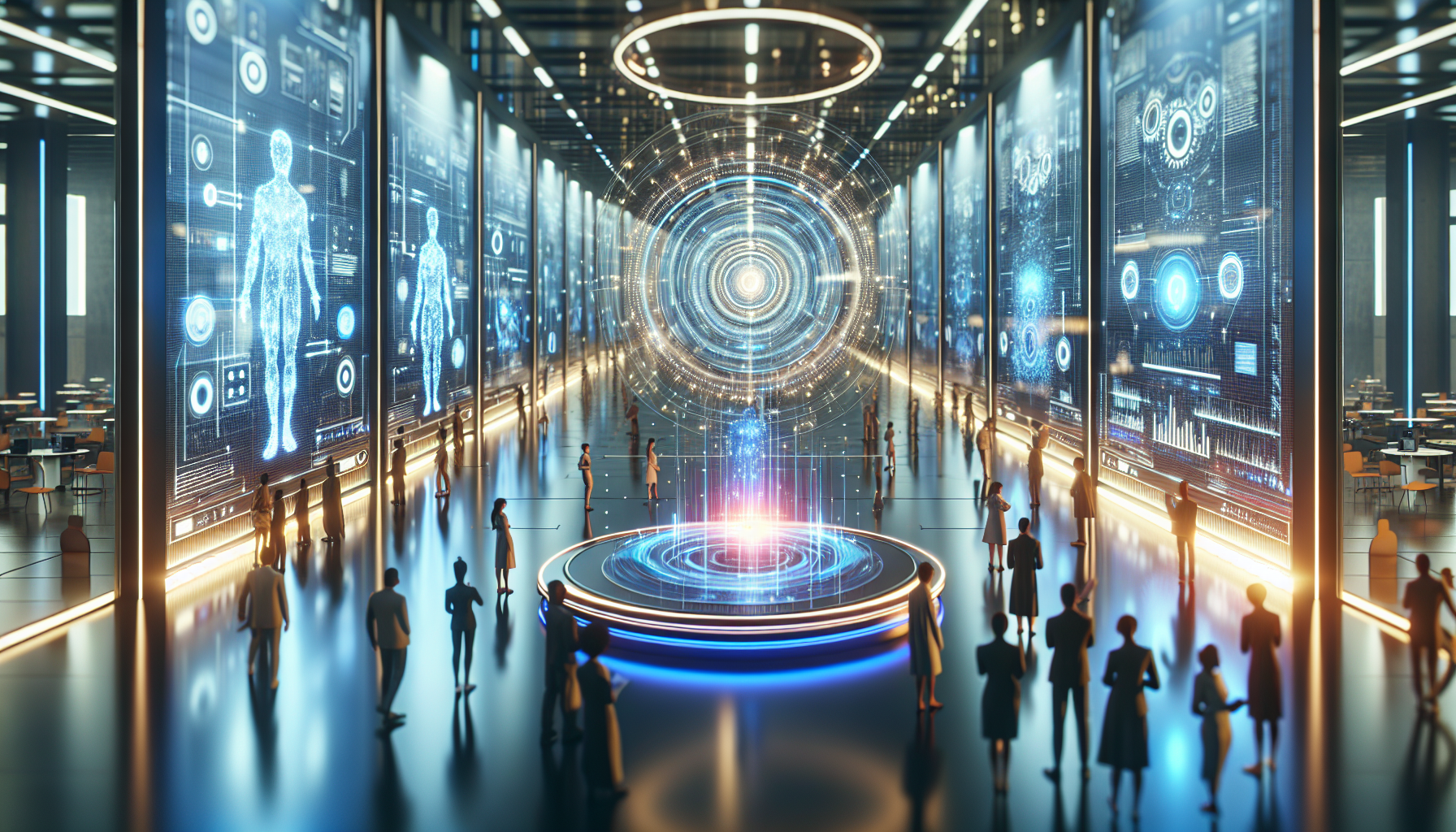
Artificial Intelligence and Its Psychological Impact: A Case Study on Human Behavior
June 21, 2025
The integration of artificial intelligence into daily life has prompted profound discussions about its psychological effects on human behavior. As AI systems become increasingly sophisticated, their influence on human cognition, emotional responses, and social interactions is becoming an area of significant interest. This article delves into a detailed case study exploring these psychological effects, providing a technical analysis of AI’s role in shaping human behavior.
The case study centers on a cohort of individuals who have interacted extensively with AI-driven personal assistants over a prolonged period. These participants provide insights into how AI alters their decision-making processes, emotional well-being, and interpersonal relationships. The study's methodology involves a combination of surveys, behavioral assessments, and interviews, allowing for an in-depth understanding of AI's psychological impact.
One of the most striking findings from the study is the shift in decision-making patterns. Participants reported a marked reliance on AI for making everyday choices, from selecting entertainment to planning meals. This dependency raises questions about the potential atrophy of critical thinking skills and decision-making autonomy. The cognitive ease provided by AI, while convenient, might inadvertently lead to a reduction in the mental engagement required for more complex problem-solving tasks. This phenomenon, known as "cognitive offloading," suggests that individuals may become less adept at navigating challenges independently, relying instead on AI to provide immediate solutions.
The emotional dimension of AI interaction presents another intriguing aspect. The study reveals that AI can elicit emotional responses similar to human interactions, albeit with some limitations. Participants often described feelings of companionship and empathy towards their AI assistants, highlighting the anthropomorphic attributes assigned to these systems. However, the emotional connections with AI lack depth and reciprocity, which could potentially foster a preference for superficial interactions over meaningful human connections. This raises concerns about the long-term implications for emotional intelligence and empathy development, particularly among younger users who grow up with AI as an integral part of their lives.
Social interactions are also notably affected by AI presence. The study participants reported changes in their communication habits, with a tendency to engage less in face-to-face interactions and more through digital platforms mediated by AI. This shift could lead to a decrease in social skills, as individuals become accustomed to the predictability and non-judgmental nature of AI interactions. The reduction in spontaneous social interactions may contribute to a decline in the ability to navigate complex social dynamics, an essential skill in diverse and interconnected societies.
A lesser-known but significant finding from the case study is the impact of AI on stress and anxiety levels. The constant availability of AI-driven devices creates an expectation of perpetual connectivity and responsiveness. Participants indicated heightened stress levels when disconnected from their AI assistants, suggesting a form of dependency akin to digital addiction. This psychological effect underscores the need for strategies to manage AI usage effectively, ensuring that individuals retain control over their devices rather than the other way around.
Furthermore, the study highlights the role of AI in shaping perceptions of privacy and security. Participants expressed varying degrees of concern regarding AI's data collection practices, which influence their behavior and trust levels. The awareness of being constantly monitored by AI systems can alter user behavior, often leading to self-censorship and a decrease in authentic self-expression. This highlights the importance of transparent AI policies and robust privacy protections to mitigate these psychological impacts.
The case study concludes by emphasizing the dual nature of AI's psychological effects. While AI offers significant benefits in terms of convenience and efficiency, it also poses challenges that require careful consideration. The psychological impact of AI is a complex interplay of cognitive, emotional, and social factors, each with its own set of implications for human behavior.
As AI continues to evolve, it is crucial to explore how these systems can be designed and implemented to enhance human well-being rather than detract from it. The insights gained from this case study provide a foundation for further research and discussion on optimizing AI's role in society. Will future AI developments prioritize the nurturing of human capabilities, or will they inadvertently erode the very qualities that define our humanity?


